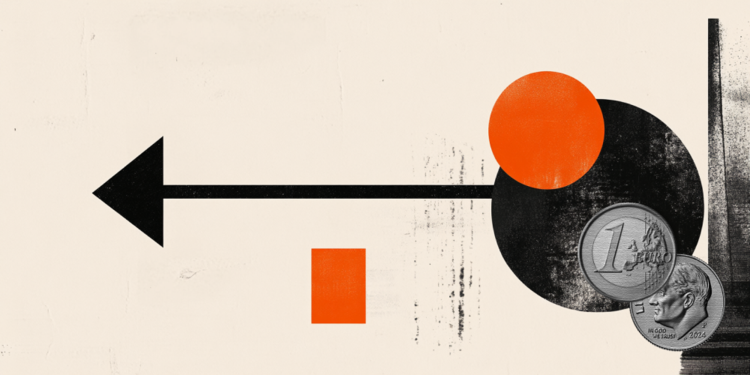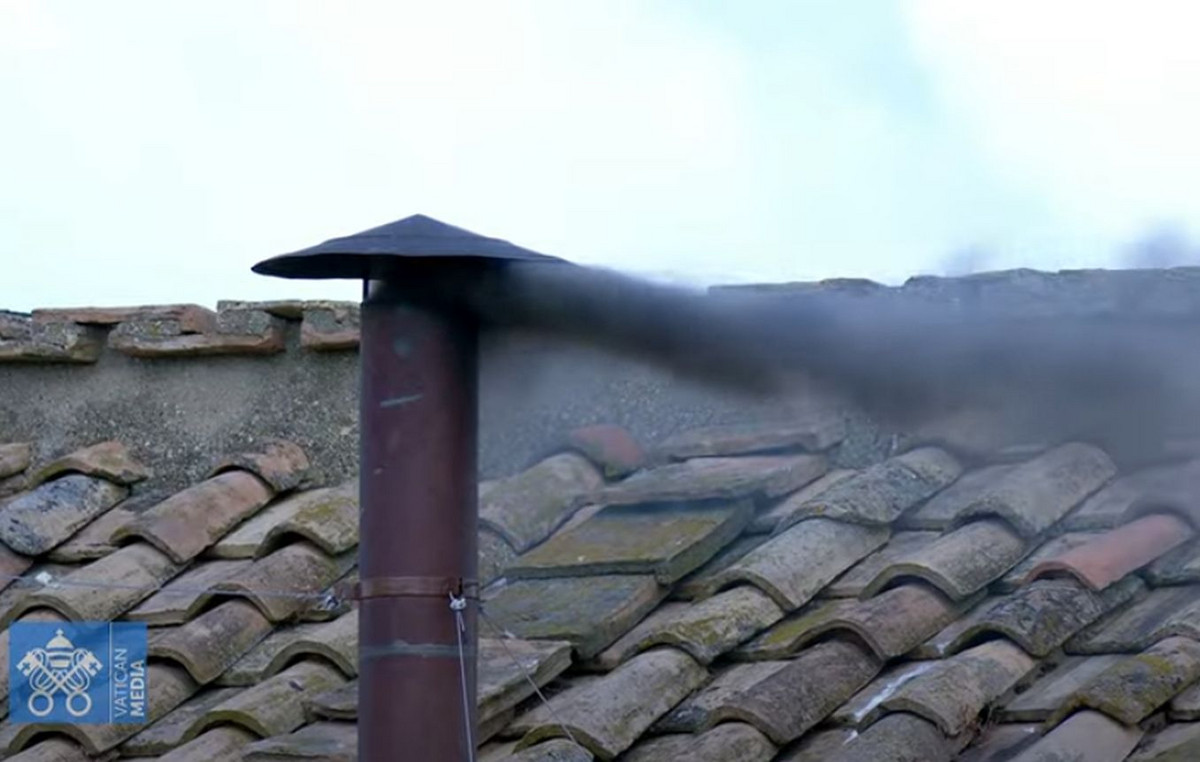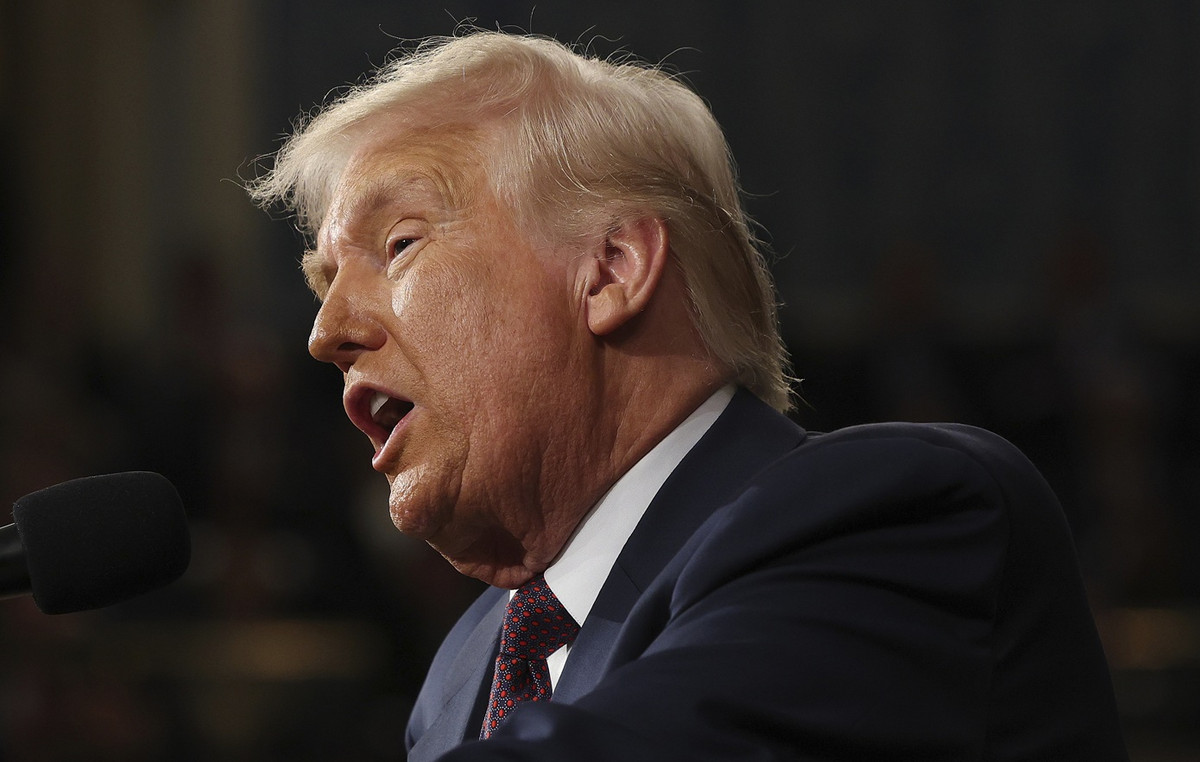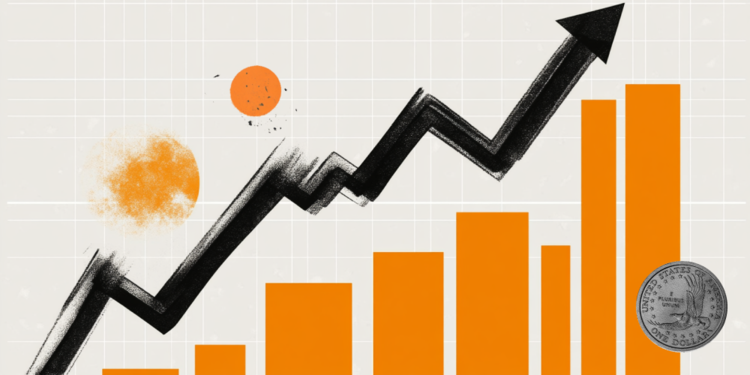More than 100,000 people convicted of drug trafficking in Brazil could have their penalties reduced if their sentences were reviewed based on privileged trafficking typification. The data is a survey of the National Council of Justice (CNJ), which points out that these people had no criminal record.
Privileged trafficking is provided for in the drug law and allows to reduce the sentence of one sixth to two thirds. To fit this mode, the defendant must simultaneously fill three criteria:
- Be primary defendant;
- Have good background;
- Do not dedicate yourself to criminal activities or integrate criminal organization.
With the application of the benefit, the penalty may be reduced to less than five years, allowing the replacement of prison for alternative measures.
According to the CNJ, in August 2023, among the 370.2 thousand people involved in drug trafficking cases, 26.1% (about 96.7 thousand) were framed as privileged trafficking.
In April 2024, the number of convicted for trafficking rose to 378 thousand. Of these, 110,000 (29%) were primary defendants and theoretically could fit the privileged modality. However, the survey could not verify that the other criteria were met, due to the absence of data in the system.
The study used information from the Unified Electronic Execution System (SEEU), CNJ National Platform to monitor criminal executions. Therefore, the agency recommends that the courts adopt measures to identify and classify the cases of privileged trafficking already in custody hearings, aiming to ensure fairer penalties since the beginning of the process.
“It is recommended to promote formations that qualify and favor the identification and classification of privileged trafficking cases from the time of custody hearing, to ensure greater control and effective monitoring of the instrument, as an important tool to provide fairer penalties for people who are responding to drug-related crimes,” the study said.
Subjective decisions
The CNJ also draws attention to the risk of subjectivity in judicial decisions. This occurs, according to the agency, because current procedural management systems cannot efficiently verify the subjective criteria of the law, such as dedication to criminal activities and involvement in organizations.
“The problem is even more aggravated in observing that, not rarely, the main or unique evidence considered in the decisions of processes involving drug -related crimes are the testimonies of security agents who have acted in the approach,” says the bulletin.
The discussion about privileged trafficking was included in the 2023 criminal procedural effort, which analyzed more than 7,000 cases of convicted of this crime in closed regime. In 47% of cases (3,343 people), there was a change for the open regime or replacement of the penalty for restrictive rights measures.
Also according to the report “Criminal Policy and Drugs”, 5.5% of people with a single conviction for privileged trafficking continues to serve a closed sentence.
This content was originally published in more than 100,000 defendants for trafficking could have a reduced penalty, CNJ points out on CNN Brazil.
Source: CNN Brasil
I’m James Harper, a highly experienced and accomplished news writer for World Stock Market. I have been writing in the Politics section of the website for over five years, providing readers with up-to-date and insightful information about current events in politics. My work is widely read and respected by many industry professionals as well as laymen.







